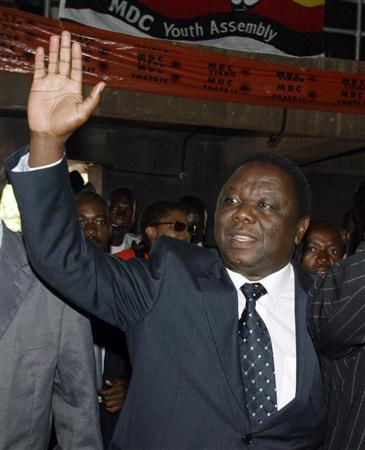– John Edmundson
The disastrous election period in Zimbabwe has thrust that country back into the media spotlight over the last few months, with the latest big news being the veto in the UN Security Council of a package of sanctions being sponsored by the United States. Reports of voter intimidation have been added to the ongoing hostile media reports of land occupations by Mugabe cronies, financial mismanagement and economic collapse.
The story of Zimbabwe’s slide into poverty is, of course, more complex than the picture we tend to receive in the media, as is the perceived solution of Western-led international sanctions.
There can be no doubt that the election process in Zimbabwe was rigged by the ZANU-PF (Zimbabwe African National Union – Patriotic Front) party led by independence war hero Robert Mugabe. The lead-up to the 29 March 2008 harmonised local government, parliamentary, senatorial and presidential elections saw widespread reports of intimidation, while the vote-counting was inexplicably delayed. Finally a narrow win to the opposition Movement for Democratic Change (MDC) was announced in the parliamentary poll, but in the presidential election it was declared that a runoff election would be required – a result that was immediately challenged by the MDC.
The new poll was set for 27 June but in the intervening period the MDC claimed that over a hundred of their activists had been killed and many more subjected to various forms of intimidation. MDC Presidential candidate Morgan Tsvangirai, who had himself been beaten and arrested several times during the campaign, withdrew from the contest and took refuge in the Dutch Embassy for nine days.
Continue reading “People of Zimbabwe between a rock and a hard place”

